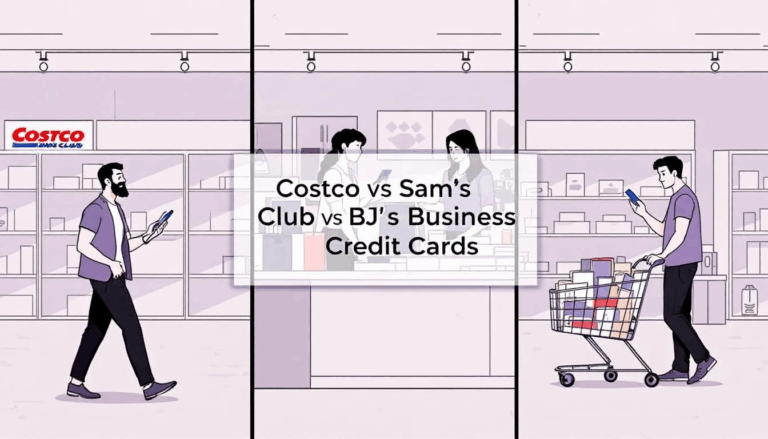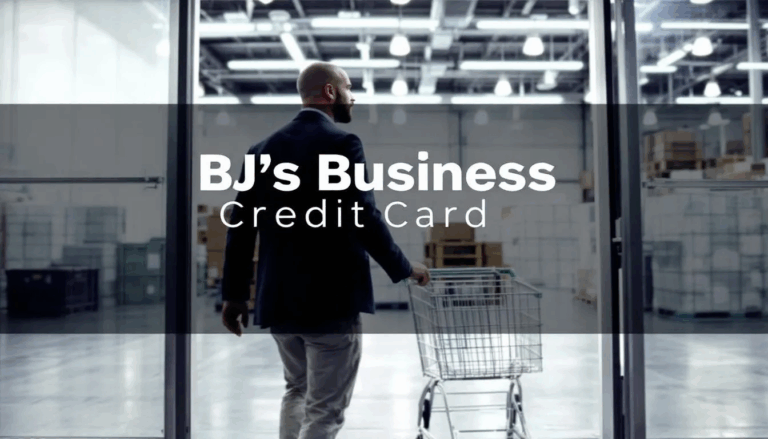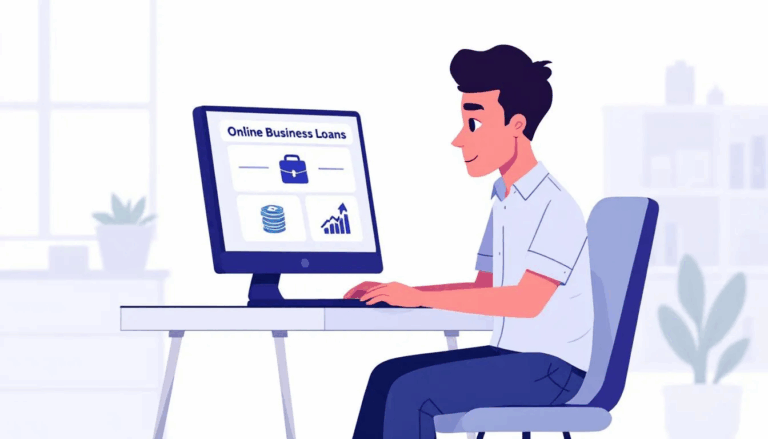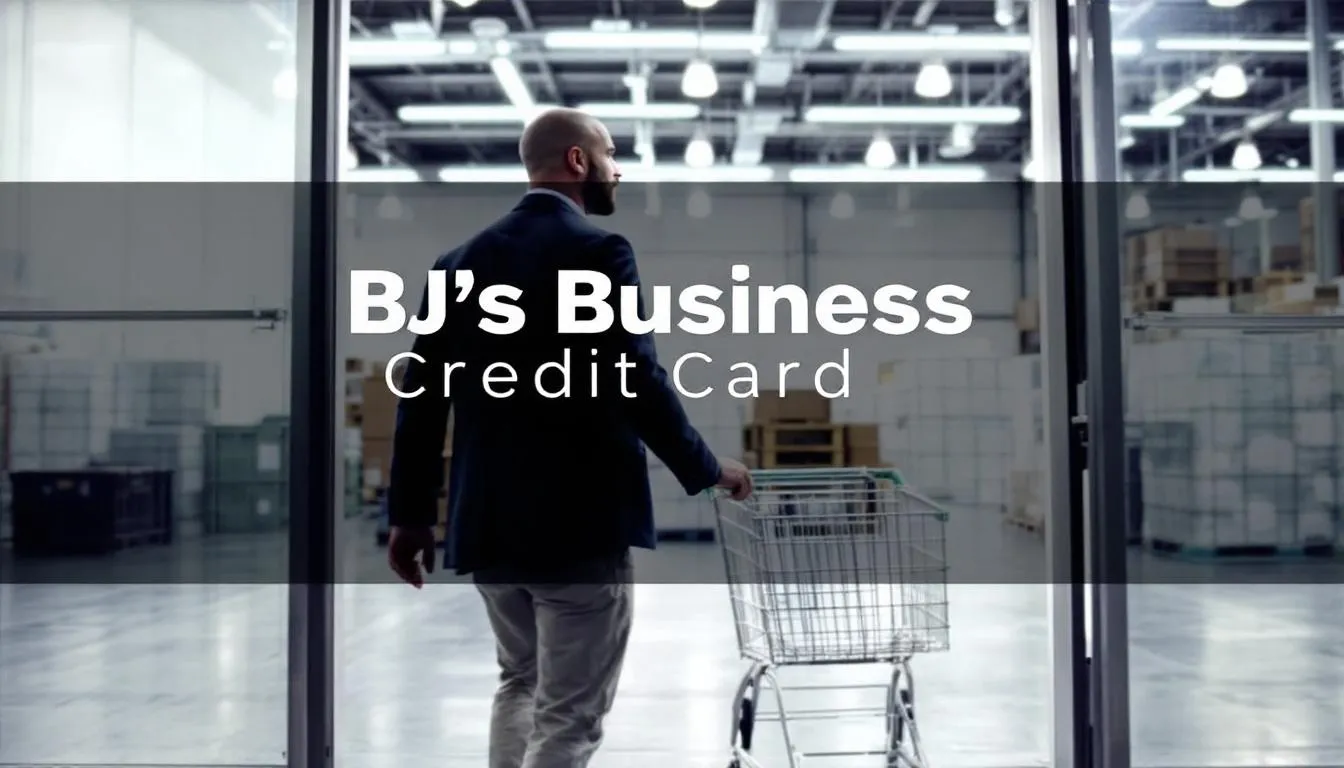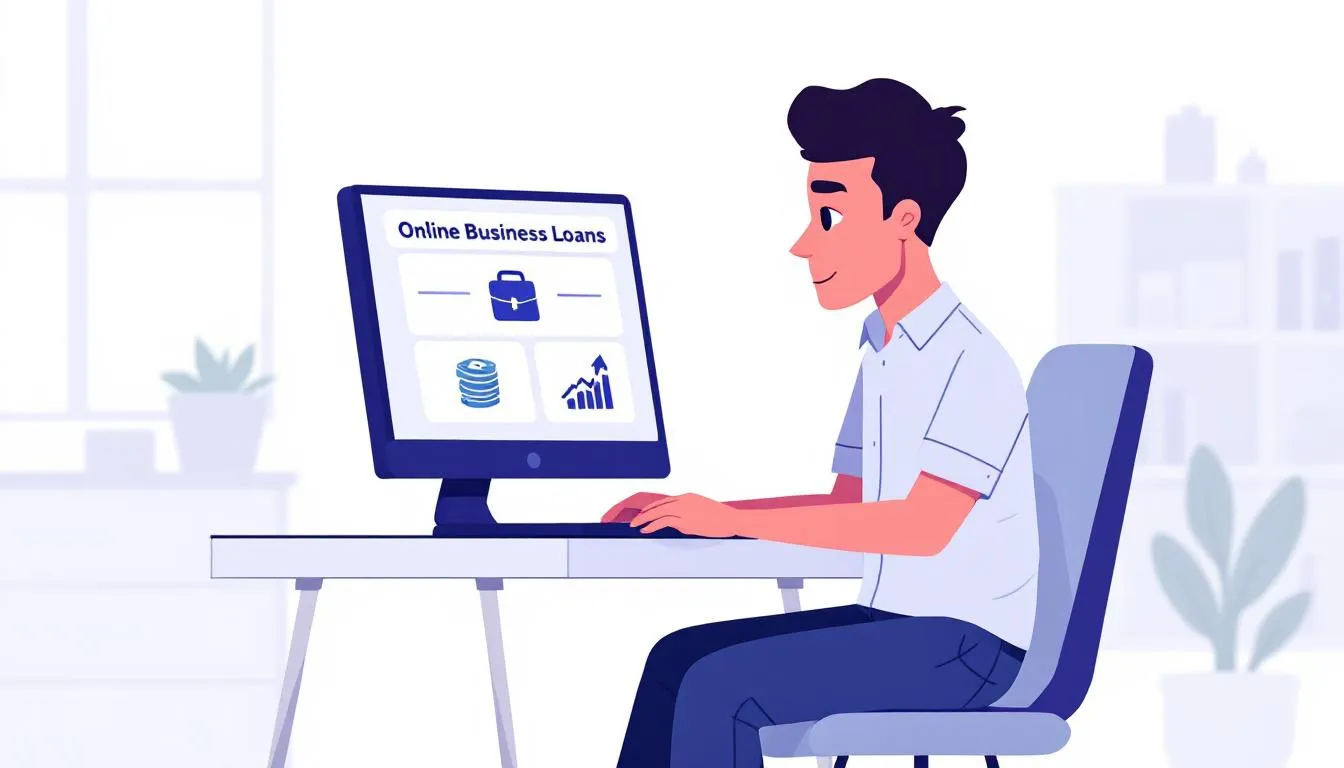What are Commercial Loans?
Commercial loans are business loans used to finance various business activities. They help businesses purchase equipment, fund real estate investments, or cover operational costs.
These loans differ from personal loans. Instead of catering to individuals, commercial loans focus on businesses. The terms, interest rates, and approval processes also vary significantly.
Commercial loans can be secured or unsecured. A secured loan includes collateral, such as business property or inventory, which provides security to the lender in case of a default. Unsecured business loans don’t include collateral but often have higher interest rates to offset the increased risk for the lender.
While commercial loans and business loans mean the same thing, some lenders use commercial loans when talking about financing options for larger, enterprise-level corporations and use the term small business loans when discussing financing options for small and mid-sized businesses (SMBs)
Investors and businesses typically borrow commercial loans. Small businesses often seek these loans for growth; larger companies use them for significant investments or expansions.
Types of Commercial Loans
Several types of commercial loans exist. A conventional loan generally has terms ranging from 5 to 25 years.
Here are some of the most popular types of business loans
Business Term Loans: Business term loans are a common type of commercial loan where a fixed amount is borrowed for a specific period, typically with a set repayment schedule. These loans are often used for significant investments like equipment purchases or expansion projects, with interest rates and terms based on the borrower’s creditworthiness and business financials. Repayment of the loan is usually made in regular installments over the agreed-upon term.
Equipment Financing: Equipment financing is a commercial loan specifically designed to help businesses purchase equipment needed for operations. This type of financing allows companies to acquire machinery, vehicles, technology, or other essential tools without paying the total cost upfront. The equipment typically serves as collateral for the loan, making it easier for businesses to secure financing.
Business Lines of Credit: Business lines of credit are flexible forms of financing that allow businesses to borrow funds up to a predetermined limit. They provide quick access to capital for short-term needs, such as managing cash flow fluctuations or covering unexpected expenses. Interest is only paid on the amount borrowed, making it a cost-effective option for businesses.
Working Capital Loans: Working capital loans are a type of commercial loan designed to help businesses cover their day-to-day operational expenses. These loans typically finance short-term needs such as payroll, inventory, and rent. Working capital loans can give businesses the necessary cash flow to keep their operations running smoothly.
Commercial Real Estate Loans: Commercial real estate loans are specifically designed for businesses or commercial real estate investors looking to purchase or renovate property for commercial purposes. These loans typically have longer terms, larger loan amounts, and higher interest rates than residential mortgages. Lenders often require a down payment of around 20-30% for a commercial real estate loan. When approving the loan, they may consider factors such as the property’s income potential and the borrower’s creditworthiness.
SBA Loans: SBA loans are government-backed loans designed to help small businesses access financing with favorable terms. Participating lenders provide these loans, which can be used for various purposes, such as starting a new business, expanding an existing one, or purchasing equipment. Compared to traditional commercial loans, SBA loans often have lower down payments and longer repayment terms. SBA loan interest rates are usually lower than alternative financing options.
SBA 7(a) loans have terms ranging from 10 to 25 years and are available for owner-occupied properties and businesses needing working capital. SBA 504 loans can be used as commercial loan programs or construction loans.
What are the Commercial Loan Interest Rates today?
Loan rates represent the percentage of interest charged on borrowed funds. These rates can vary significantly—current commercial loan interest rates, as of July 2024, range from 7% to 99%. Many factors influence these rates, including the type of loan and the lender’s policies.
Understanding loan rates is crucial for financial planning. Business owners must know the current business loan rates to make informed decisions. Some commercial financing options have variable interest rates, while others are fixed-rate loans. Knowing the average interest rate helps in budgeting and preparing for future expenses.
Many borrowers looking to refinance loans are experiencing obstacles due to higher current rates. Until interest rates decrease, many borrowers find it difficult to refinance their existing loans. As interest rates soften, there may be a significant increase in borrowers looking to refinance.
| Loan Type | Interest Rate Range |
|---|---|
| Bank Business Loan | 7% – 14% APR* |
| Commercial Real Estate Loan | 3.5% – 10.75% APR |
| Equipment Financing Loan | 2% – 25% |
| Business Line of Credit | 7.43% – 9.78% APR |
| Online Business Loans | 9% – 75% APR |
| Merchant Cash Advances | 1.04 to 1.5 Factor rate* |
Annual Percentage Rate (APR)
An APR, or Annual Percentage Rate, is the total cost of borrowing money expressed as an annual percentage. It includes the interest rate and any additional fees or charges associated with the loan. By considering all costs involved, the APR provides a more accurate representation of the actual cost of borrowing compared to just the interest rate.
Factor Rates
A factor rate is a fixed fee a funder charges for business financing, such as a merchant cash advance. It’s typically expressed as a decimal figure. This rate is applied to the total loan amount upfront, and the borrower repays the loan by paying back the principal amount plus the factor rate.
Unlike traditional APR, factor rates do not compound over time, making them a simpler way for small businesses to understand the total cost of borrowing. However, you typically can’t save money by repaying the amount due early unless the funder offers an early payment discount. Some might assess an early payment penalty fee.
How are Commercial Loan Interest Rates determined?
Commercial lenders base interest rates on several crucial factors. Understanding loan rates helps business owners calculate estimated monthly payments.
Prime Rate
The prime rate is the starting point for most commercial loan interest rates. The Federal Reserve Bank influences and adjusts this rate to control inflation and stabilize the economy. As of July 2024, the current prime rate is 8.50%.
Lender Indexes
Lenders use various indexes to set their loan rates, including the LIBOR and Treasury yields. Each index reflects different economic conditions, and changes in these indices can affect how much interest a borrower pays.
Credit Score Impact
A borrower’s credit score is crucial in determining business loan interest rates. Higher credit scores usually lead to better rates, as lenders see these borrowers as less risky. Lower scores can mean higher rates because lenders want to offset potential losses.
Debt Services Coverage Ratio (DSCR)
The Debt Service Coverage Ratio (DSCR) plays a crucial role in determining business loan rates by providing lenders with a measure of a company’s ability to cover its debt obligations. A higher DSCR indicates a lower risk for lenders, potentially leading to lower interest rates for the business seeking a loan. On the other hand, a lower DSCR may result in higher loan rates due to the increased risk perceived by lenders.
What lenders offer Commercial Loans?
Small business owners have several lender options for commercial loans. Borrowers should compare loan offers from multiple lenders. Each lender has unique terms and rates for loan approval.
Understanding these differences is essential for making informed decisions.
Traditional Lenders (Banks & Credit Unions)
Banks and credit unions are primary sources for commercial loans. They provide various loan offers to businesses. Borrowers often need a strong credit history to qualify. Most commercial banks require a high minimum credit score, usually around 680. However, they may offer lower monthly payments.
Credit unions may have slightly different criteria, but also focus on the borrower’s financial health. Loans made by credit unions usually do not have prepayment penalties and can be competitive in terms of rates and fees. Community banks provide commercial loans with lower net worth requirements but do require solid income and credit.
SBA Lenders
SBA-approved lenders play a vital role in commercial lending. The Small Business Administration (SBA) guarantees a portion of these loans, reducing lenders’ risk. As a result, borrowers can access better terms and lower interest rates. SBA loans are popular among small business owners due to their favorable conditions. SBA lenders could be banks, credit unions, or alternative lenders. Commercial lenders must apply to the SBA and be approved to offer SBA loans.
Alternative Lenders
Alternative lenders also offer commercial loans. These include online lenders, fintech companies, nonbank lenders, and peer-to-peer platforms. They often have more flexible criteria compared to traditional banks. Many lenders in this category consider cash flow instead of just credit scores. This approach helps businesses that may struggle to meet conventional requirements.
What are the benefits of Commercial Loans?
Commercial loans provide many advantages for small business owners. One of the most significant benefits is access to cash. These loans help businesses cover expenses like purchasing inventory, paying employees, and managing daily operations. With enough funding, companies can maintain smooth operations—business loan debt funds several operational needs.
Another benefit is the potential for high revenue growth. By securing a commercial loan, a business can invest in new equipment or expand its services, increasing sales and profits over time. Many successful companies have used loans to grow their operations and achieve their goals.
Some commercial loans also offer flexibility in repayment options. Business owners can choose terms that fit their cash flow needs. Some lenders allow more extended repayment periods, making monthly payments more manageable. This flexibility helps reduce financial stress.
These loans can improve a business’s credit score. Timely repayments show lenders that the business is responsible. A higher credit score opens doors to better financing options in the future.
What are the drawbacks of Commercial Loans?
Commercial loans have several drawbacks for small business owners. One major issue is the cost. Interest rates can be high, depending on the lender and the borrower’s credit score, which means businesses may pay a lot over time.
Fees also add to the total cost. Lenders often charge origination fees, closing costs, and other expenses. These additional fees can make borrowing more expensive than expected. Small business owners must carefully review all costs before signing any agreements.
Another drawback is the risk involved. A business struggling to repay the loan could face serious consequences. Lenders may require collateral, which puts personal assets at stake. This risk can be stressful for many entrepreneurs.
The characteristics of commercial loans can also be challenging. Many lenders have strict approval requirements, often seeking a solid business plan and good credit history. This can make it hard for new or small businesses to qualify.
Commercial Loan Pros & Cons
Pros:
- Access to large amounts of capital for business growth.
- Flexible repayment terms to suit the needs of the business.
- Can help improve cash flow and liquidity.
- Interest payments may be tax-deductible.
Cons:
- High interest rates compared to other forms of financing.
- Strict qualification requirements, including credit score and financial history.
- Risk of losing collateral if unable to repay the loan.
- Long application process and paperwork requirements.
How do I apply for a Commercial Loan?
You can apply for a small business loan through our lender network by following these steps:
Step 1 – Apply online in a few minutes: Use our simple online application to submit a request for business funding. If you need any help along the way, give us a call, chat, or email.
Step 2 – Get expert advice on loan options: An expert, knowledgeable account executive will walk you through all the fine details and requirements. This is to ensure you have all the info you need.
Step 3 – Finalize your application and get funded: Once your funding has been approved and closed, the lender sends the funds to your account so you can start using them to grow your business.
Frequently Asked Questions
Here are the most common questions about commercial loan interest rates today.
Does the SBA set Business Loan Rates?
The SBA does not directly set business loan rates. Instead, it uses the Prime rate as a benchmark. The Prime rate is the interest rate banks charge their most creditworthy customers. This rate changes based on economic conditions. Lenders often look at this rate when deciding how much interest to charge for loans.
Some lenders may consider SBA loan rates in their calculations. However, most lenders rely on various loan indices. These indices help determine the final interest rate for borrowers. They can include other factors like the borrower’s credit score and financial history.
The SBA provides loan guidelines but doesn’t control the interest rates lenders charge. Each lender has its own method for setting rates. Lenders assess risk and market conditions before deciding on an interest rate.
What are the current Commercial Mortgage Rates?
Commercial real estate loans help businesses buy or refinance property. These loans can cover various properties, such as office buildings, warehouses, or retail spaces. Commercial mortgage lenders assess the borrower’s creditworthiness and the property’s value when issuing these loans. Commercial mortgage rates fluctuate based on current market indices.
The location of the property affects its desirability and risk level. Different property types have varying levels of risk and desirability in the market.
Interest rates on commercial mortgages vary based on several factors. Average rates for fixed-rate mortgages typically range from 5.58% to 15.37%. The prime rate also influences these rates, as lenders often peg their rates to it. For example, loan rates may rise if the prime rate increases too. Different types of loans, like SBA or conventional loans, may also have different rates. Current commercial mortgage rates may reflect a premium over Treasury yields due to market demand.
Most commercial mortgage loans today are fixed for 5, 7, or 10 years and come with a 25–30 year amortization schedule. Amortization is the process of reducing debt over time through regular payments, including both principal and interest. The debt service coverage ratio (DSCR) measures a property’s net operating income against debt obligations to determine loan affordability. Lenders evaluate a maximum loan amount based on a property’s projected revenue and the loan-to-value ratio calculation.
The loan-to-value (LTV) ratio is crucial in determining interest rates for commercial mortgage loans. The loan-to-value ratio (LTV) represents the ratio of a loan amount to the value of the collateral involved. A lower LTV means less risk for the lender. This can lead to better interest rates for borrowers. For instance, an LTV of 70% might yield a lower rate than an 80% LTV.
Understanding these elements helps borrowers make informed decisions about commercial real estate financing. Knowing how rates work and what affects them can save money over the life of the loan.
Commercial Real Estate Loans to Consider
Commercial property investors have several loan programs to consider. Several programs include financing for industrial properties.
Bridge loans are short-term loans with terms ranging from 6 to 24 months and are typically used for properties needing significant repairs. Mezzanine loans provide additional financing beyond a first mortgage, with terms ranging from 1 to 5 years.
Fannie Mae loans generally have terms ranging from 5 to 25 years and are available for owner-occupied properties and investment properties. Freddie Mac loans are also offered with terms ranging from 5 to 25 years for properties similar to those of Fannie Mae loans.
CMBS loans typically have terms between 5 and 10 years and are primarily intended for investment properties. HUD multifamily loans can have terms between 5 and 35 years and are specifically for multifamily properties with five or more units. Hard money loans are often faster to secure but come with higher costs and lower credit and net worth requirements. Hard money loans typically come from private lenders.
What steps can I take to lower my Commercial Loan Interest Rate?
Small business owners can take several actions to improve their odds of finding lower commercial loan interest rates.
Shop Around
Different lenders offer various rates. Shopping around can help you find the best deal. Compare rates from banks, credit unions, and online lenders. Each lender has its own criteria for setting interest rates.
Improve Your Credit Score
A better credit score can lead to a lower interest rate. Pay your bills on time and reduce debt. Check your credit report for errors and fix them. Lenders see a high score as a sign of reliability.
Offer Collateral
Offering collateral can make you a more attractive borrower. Collateral is an asset that backs your loan. It could be property or equipment. If you default, the lender can take the collateral. This lowers their risk and may result in a lower rate.
Provide a Detailed Business Plan
A well-prepared business plan shows lenders you understand your business. It outlines how you will use the loan and repay it. Include financial projections and market analysis. A strong plan boosts your credibility and may influence the interest rate.
Are Commercial Loan Interest Rates increasing or decreasing?
Over the past five years, commercial loan interest rates have shown noticeable trends. In 2018, rates were relatively low, averaging around 4.5%. However, by 2023, they increased to about 6.5%. This rise reflects a broader trend in the economy. Many factors contributed to this increase, including inflation and changes in monetary policy.
Looking ahead, commercial loan interest rates may continue to fluctuate. Experts suggest that rates could either stabilize or increase slightly in the near future. The Federal Reserve often adjusts interest rates based on economic conditions. If inflation remains high, they might raise rates further. Conversely, if the economy slows, there might be a chance for lower rates.
What are the Interest Rates for Bad Credit Business Loans?
Bad credit business loans often come with higher interest rates. Lenders see these loans as risky and charge more to protect themselves.
Bad credit business loans through our lender network offer the following features:
- Max funding amount: $1k – $5 million.
- Factor rates: Starting at 1% – 6%.
- Term: 3 months – 5 years.
- Speed: 1-3 business days.
Many lenders offer alternative business loans for those with bad credit. These options may include peer-to-peer lending or online lenders. While they provide access to funds, the costs can be high. Business loan fees can add up quickly, making it essential to understand all terms.
Understanding Commercial Loan Interest Rates – Final Thoughts
Understanding commercial loan interest rates is crucial for your business decisions. You must know how these rates work, who offers them, and what affects their fluctuations. Knowing the benefits and drawbacks helps you weigh your options wisely.
Explore lenders, compare rates, and consider ways to lower your interest costs. Stay informed about market trends to make smarter financial choices. Your business deserves the best possible terms.
Contact us if you have more questions about commercial loan rates or want to apply for a small business loan. Our alternative financing experts can help you find the best funding option and interest rate for your business needs and credit profile.




